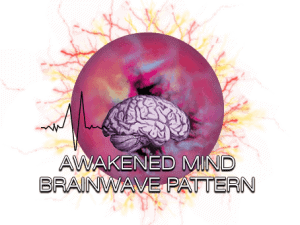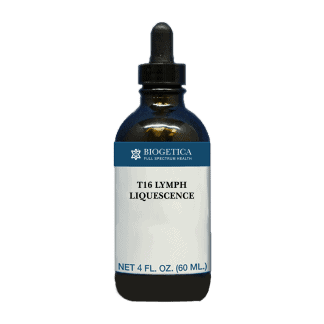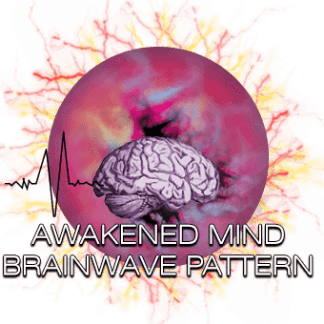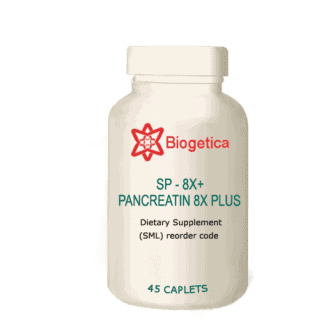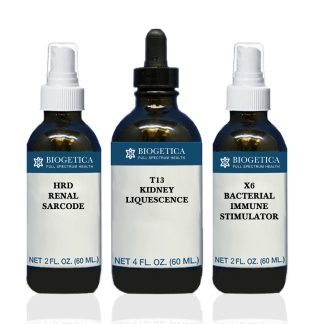El alcoholismo o la dependencia del alcohol se definen médicamente como un patrón de consumo de alcohol que es perjudicial para el individuo. También puede referirse a la compulsión de consumir alcohol a pesar de sus efectos negativos. La frecuencia y cantidad de consumo de alcohol, para desarrollar dependencia, varía de persona a persona. Es una enfermedad crónica y progresiva, y puede ser fatal si no se trata.
Los hombres tienen más probabilidades de tener problemas relacionados con el alcohol que las mujeres, aunque la brecha se está cerrando. La OMS estima que alrededor de 140 millones de personas en todo el mundo sufren de dependencia del alcohol. El alcohol es una causa en casi el 50% de todos los accidentes de tránsito y muertes en los Estados Unidos.

Causas del alcoholismo
No hay causa física conocida que lleve al abuso del alcohol. Ciertos factores que contribuyen al alcoholismo son los siguientes:
Cultural Factors: Patterns of alcohol consumption are considered to be a reflection of one’s financial status. There is a close correlation between the consumption of alcohol and also the price of alcohol and income levels.
A menudo, las personas adoptan este hábito solo para encajar con sus compañeros.
Tener amigos que beben regularmente puede promover el consumo excesivo de alcohol.
Emotional Factors: People who are anxious or under a lot of stress are more prone to consuming alcohol, as it is said to temporarily release certain ‘feel good’ hormones in the body.
Factores psicologicos: Los que sufren de depresión y baja autoestima tienden a adquirir este hábito con mucha facilidad. Se dice que el alcohol altera el equilibrio de ciertas sustancias químicas en el cerebro que inhiben la impulsividad y estimulan el sistema nervioso.
Addiction: Over a period of time, alcohol becomes an addiction. Alcohol raises the levels of dopamine in the brain, which gives the ‘kick’ or pleasurable effect associated with drinking. Long-term drinking, however, depletes the levels of these chemicals, making the body crave for alcohol to restore the ‘good’ feeling. Thus, it becomes a vicious cycle.
Síntomas de abuso de alcohol
Almost, all people who suffer from alcohol abuse live in denial of it. They rarely accept that they have a problem that needs to be treated. They often drink when they are alone, and hide alcohol away from people’s view, in order to not be found out.
El consumo excesivo de alcohol puede llevar a los siguientes síntomas:
- Loss of concentration.
- Irritability when unable to get a drink.
- Emotional problems with partners or other relationships.
- Inability to remember important schedules or events.
- Constantly thinking up various excuses to drink.
- Withdrawal symptoms such as nausea, sweating and nervousness if not able to get a drink.
Problemas causados por el alcoholismo
Problemas sociales:
Los problemas sociales que se derivan del alcoholismo incluyen el ausentismo laboral, el desempleo, las tensiones matrimoniales, el abuso infantil, las dificultades financieras y los problemas con la ley, incluida la violencia y los delitos de tráfico.
Problemas físicos:
Cardiovascular system – High blood pressure
Gastrointestinal system – Acidity; Inflammation of the pancreas; Poor absorption leading to deficiencies; Cancer
Liver – Inflammation; Fatty deposits; Cirrhosis; Cancer
Nervous system – Brain hemorrhage; Loss of memory; Premature degeneration
Respiratory system – Pneumonia; Tuberculosis
Endocrine system – Low blood sugar; Cushing’s syndrome
Reproductive system – Infertility; fetal alcohol syndrome
Skin – Acne; Erythema
Vitamin deficiencies – These occur due to an impoverished diet. The most common is Thiamine (B1) deficiency.
Direct toxic effects on the brain – There are periods of amnesia for events that occurred during bouts of intoxication.
Problemas psicológicos:
Depression – This is very common in alcoholism, and is usually a result of the numerous social problems that heavy drinking creates. Alcohol also acts as a direct depressant. Suicide and attempted suicide are more common in alcoholics.
Morbid Jealousy – This is a syndrome characterized by delusions of sexual infidelity. It is usually seen in alcoholics of sensitive or paranoid disposition, whose sexual relationship has deteriorated because of impotence or rejection by the partner.
Withdrawal Symptoms – These indicate physical dependence. The earliest manifestation is a subjective sensation of tension on waking in the morning. This may be accompanied by tremors. Another alcoholic drink relieves these symptoms, thus establishing a pattern of morning drinking.
Indirect Effects on Behavior – These can result from head injury or lowered blood sugar levels.














 We have a 100% money-back guarantee, to support our firm belief in our products, and to build trust in customers who have been facing battles they thought would be lifelong! You may return the products within 90 days of your order date for a full refund of the purchase price. You may alternatively request a free consultation and additional remedies if you are not 100% better. Our mission is fulfilled only when you are better. Hence, we stand by our customers and do what it takes to make you feel great! We can afford to do this, because the customers who re-order or refer us to friends and family, are 20 times more than those who ask for a return. So, go ahead and give us a try. You’ll be glad you did.
We have a 100% money-back guarantee, to support our firm belief in our products, and to build trust in customers who have been facing battles they thought would be lifelong! You may return the products within 90 days of your order date for a full refund of the purchase price. You may alternatively request a free consultation and additional remedies if you are not 100% better. Our mission is fulfilled only when you are better. Hence, we stand by our customers and do what it takes to make you feel great! We can afford to do this, because the customers who re-order or refer us to friends and family, are 20 times more than those who ask for a return. So, go ahead and give us a try. You’ll be glad you did.








